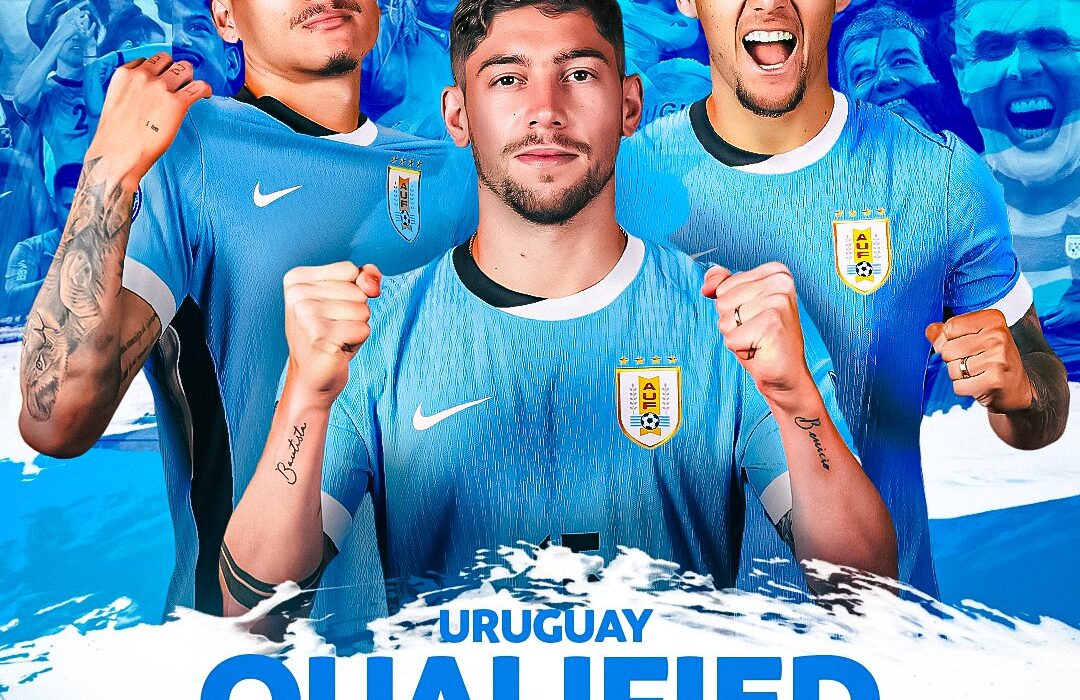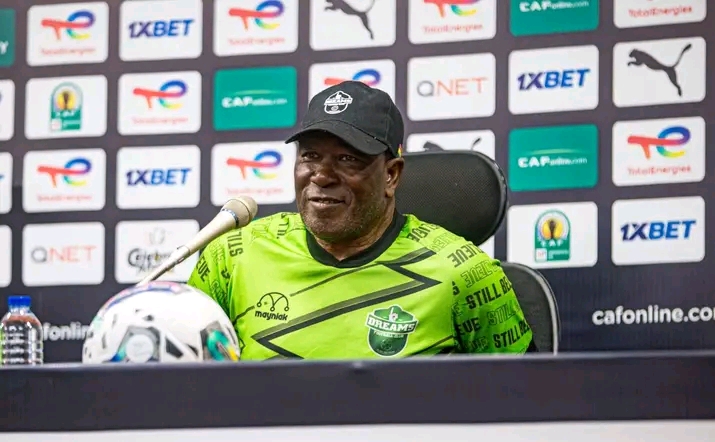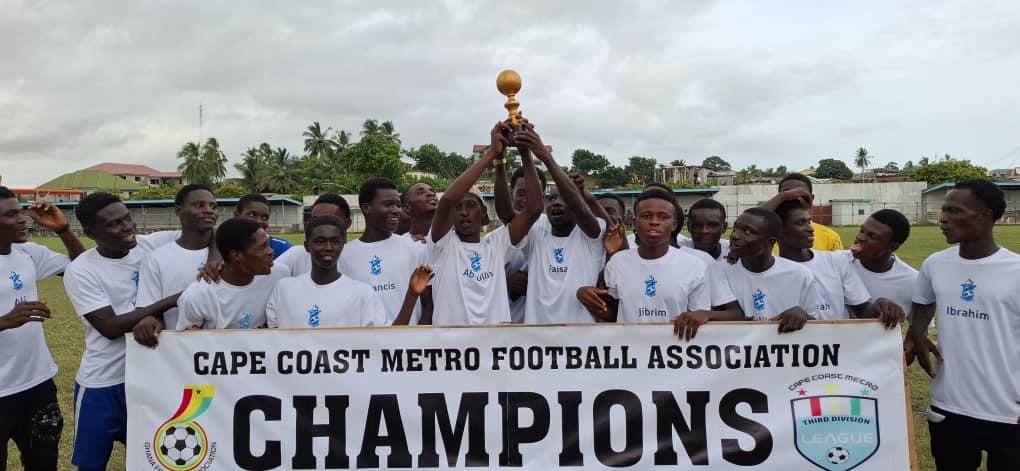In a surprising turn of events at the Copa América quarter-finals, Uruguay managed to secure a victory against Brazil, despite facing significant challenges. The match, which ended in a penalty shootout, has raised eyebrows and prompted cautious analysis from observers.
Coach Marcelo Bielsa, known for his typically aggressive tactical approach, found himself in the unusual position of praising his team’s defensive capabilities. While acknowledging Uruguay’s offensive prowess in the tournament, Bielsa was careful to attribute the team’s defensive success to the players’ innate abilities rather than his own influence.
https://x.com/copaamerica_eng/status/1809787353189269589?s=46
The match itself was a tense affair, with limited scoring opportunities for both sides. The situation became even more precarious for Uruguay when Nahitan Nandez received a red card following a VAR review, leaving the team a man down in the crucial final stages of the second half.
In response to this setback, Uruguay adopted a more conservative strategy, focusing on defending their half of the field. This approach, while effective, marks a significant departure from Bielsa’s usual tactics, which typically emphasize relentless attacking play.
The coach’s post-match comments reflected a measured tone, as he navigated the fine line between praising his team’s resilience and maintaining his reputation as an offensive-minded strategist. Bielsa was quick to point out that the team’s defensive capabilities were inherent to the players themselves, rather than a result of his coaching.
https://x.com/copaamerica/status/1809806303356678157?s=46
This victory, while impressive, raises questions about the sustainability of such a defensive approach in future matches. Uruguay’s upcoming semi-final against Colombia will likely present new challenges, and it remains to be seen whether Bielsa will revert to his more characteristic attacking style or continue with this more cautious approach.
As the tournament progresses, observers will be watching closely to see how Uruguay balances its newfound defensive solidity with its proven offensive capabilities. The team’s ability to adapt to different tactical demands could be crucial in determining their success in the later stages of the Copa América.
While this victory certainly puts Uruguay in a strong position, it would be premature to make any definitive predictions about their chances in the tournament. As always in football, caution is advised when interpreting single match results, and the true test of Uruguay’s mettle lies in the challenges ahead.






